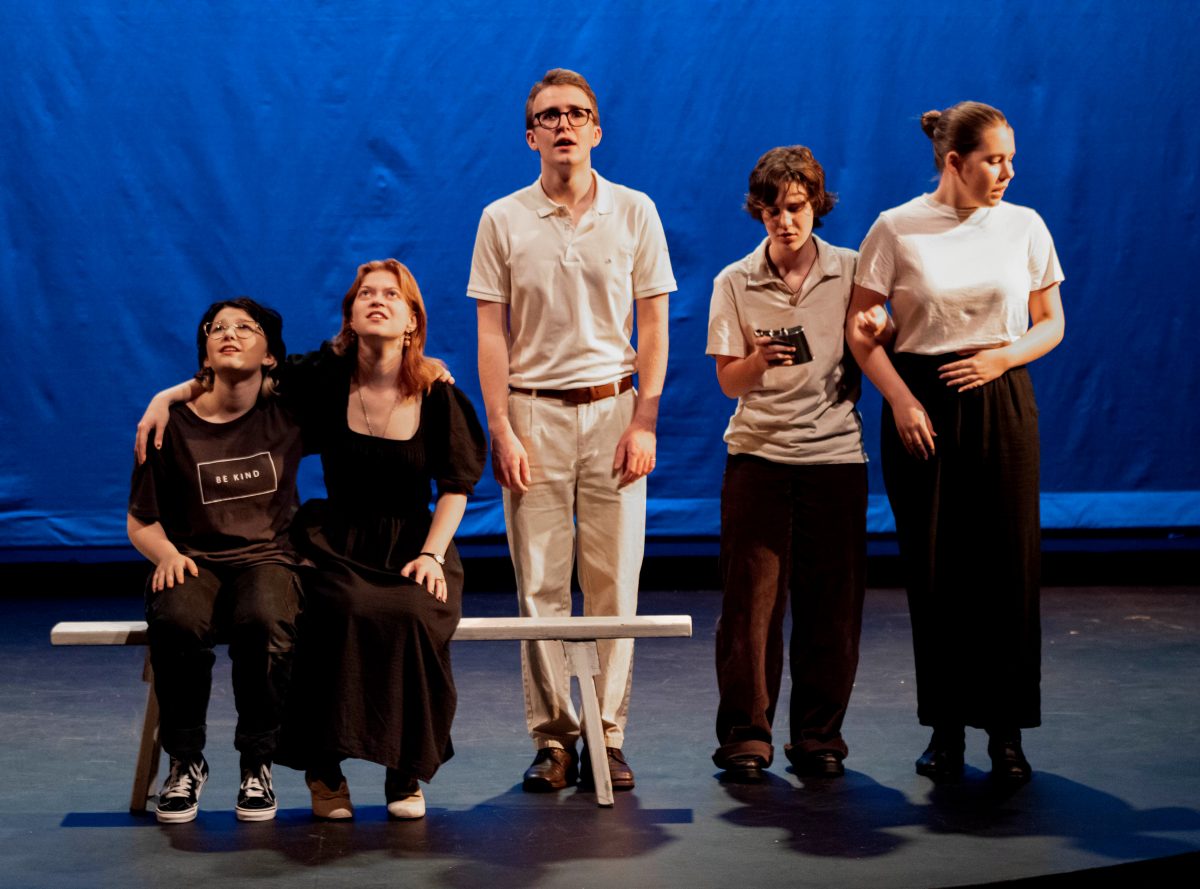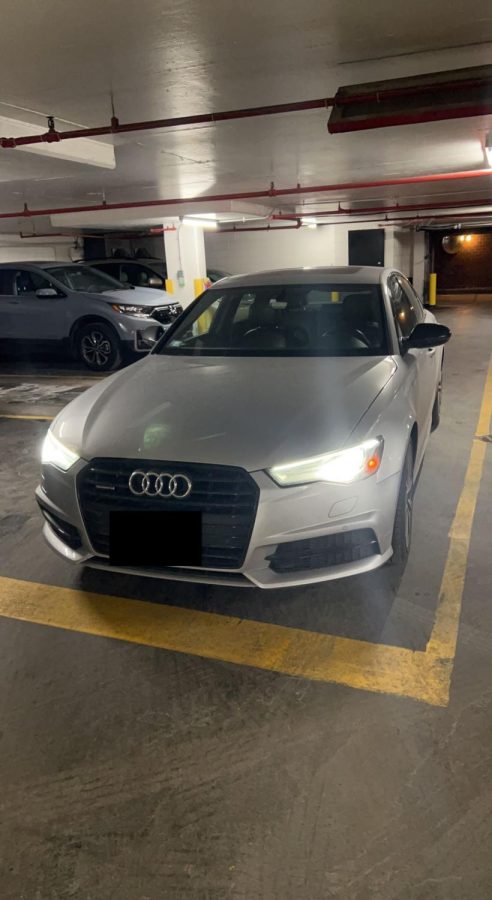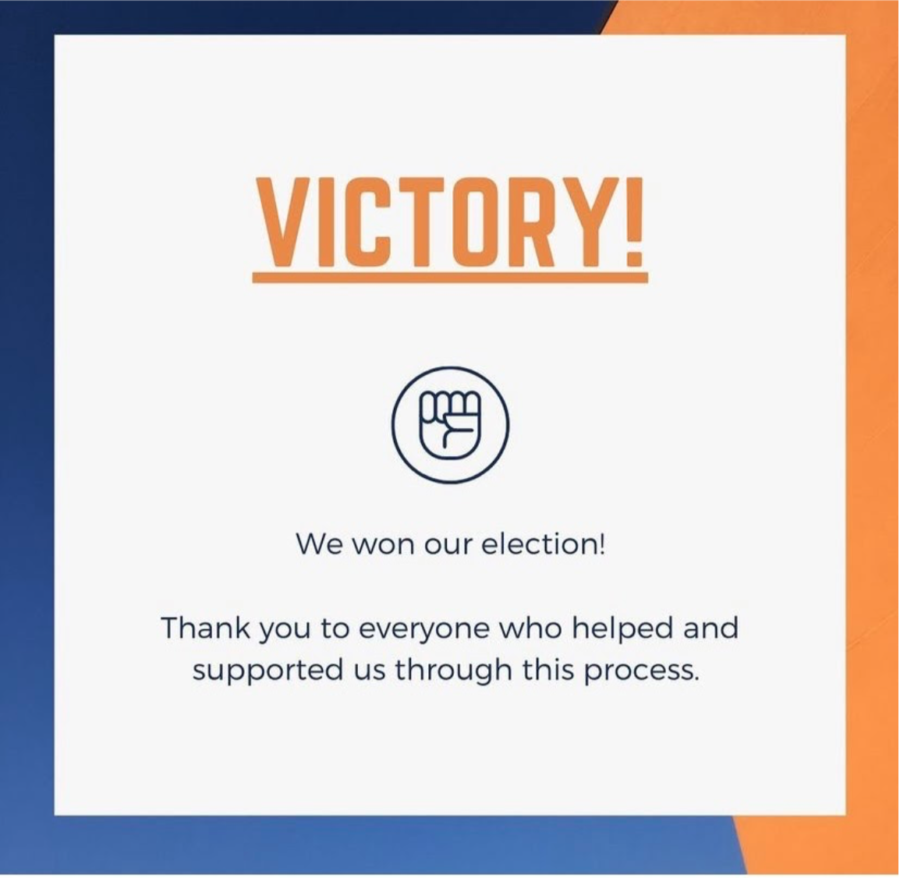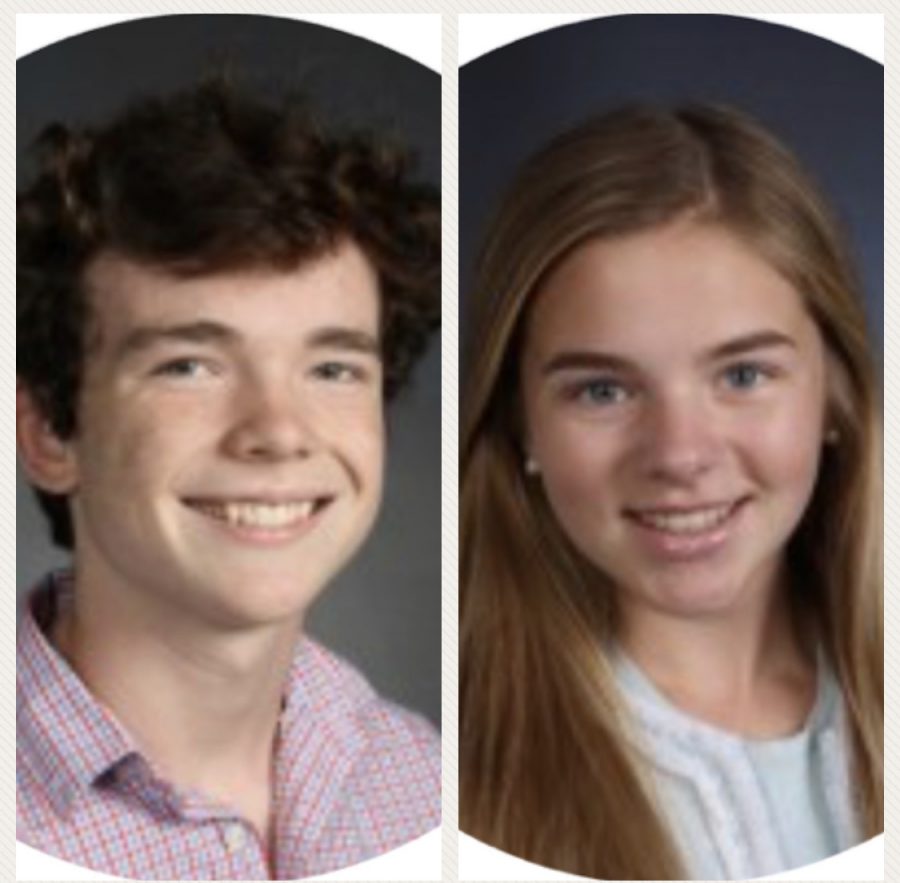Anastasiya Varenytsya, Henry Block, Atman Satpathy In light of Latin’s 37th Nuremberg Trials and Nazi Mind class coming to an end, Henry, Atman, and I wanted to share our experiences as Chief Prosecutors and Chief Defense as well as provide some words of advice for any students in the near future wanting to take the semester course taught by the legendary Mr. Fript. It doesn’t matter what your role in the trial is because everyone has a lot of responsibility and work. The class itself is heavy on work from day one, being the only history elective that requires summer reading. In addition to daily reading assignments, the majority of the class is a discussion, in which all the students and Mr. Fript sit down and talk about the readings, crucial ideas, and the buildup of Nazi Germany and Hitler’s rise to power. But, the class is so much more than that – we don’t just sit around and talk about a bunch of dead Nazis. We look at Nazi Germany and the Nuremberg Trials as guidelines and foundations to understanding the world we live in today. It’s eye-opening once we realize not everything is black and white and not everything can be easily categorized into good or bad. There’s still so much work to be done in terms of finding peace within the world. The Trial is a twelve-hour simulation in which both Nazi Mind classes come together and present several of the twenty-two notorious Nazis tried at the Nuremberg Trials of 1946. It’s open to the public, and held at the Daley Center Court in downtown Chicago. Chiefs and Justices hold a pre-trial prior to the day of the Trial, where the two Prosecutors and one Defense present their arguments to the panel of Justices. Every year is different and unique, but the message and purpose is always the same. Here are our three chiefs of 2015 and their experiences: Henry Block, Prosecution Team: Lead Please explain your position in the Nuremberg Mock Trial. In the Nuremberg Trials, I was the chief prosecutor in charge of arguing for the legality of the trials itself and the charges against the Nazis—those charges being criminal conspiracy, crimes against peace, war crimes, and crimes against humanity. If I didn’t prove these charges legal, everyone who was a Nazi in the trials would have been acquitted. I had to form a broad argument against the Nazi party and those playing the defendants. It was my job to respond to and argue against every point that the lead defense attorney, Anastasiya, made. During the trials, I also sat with the prosecutors during their trials and helped them argue against the Defense. What did your job require you to do? I had to do extensive research into every aspect of the Nazi’s rise to power and actions during World War Two by reading and finding tons of primary and secondary documents. The majority of my time was spent writing my Response to the Motion on Behalf of all Defense. In this brief, I had to detail every element of my argument, give historical context and evidence for my argument, and respond to every point that Anastasiya made in her brief. She made that part very hard for me. In addition to this, I had to give a twenty minute speech summarizing my points the day before the trial and a five minute speech the day of the trial and answer many questions from the justices. What was most challenging for you? The most challenging part of this process for me was definitely a combination of the workload and the immense independence. Once we started preparing for the Nuremberg trials, an already challenging class became infinitely more challenging. Mr. Fript was always there to answer a question or help me find a document, but he didn’t walk me through what argument I needed to form. This experience of having to do this much work on my own and space it out over time so I wouldn’t drown was definitely a learning experience for me. In retrospect, what are some things you wish you would have done differently? When we were questioned by the justices, I stumbled heavily on an answer I should have known. Though it didn’t affect the outcome of the verdict, I spent a lot of time during the early hours of the trials feeling disappointed with myself. I was done with the bulk of my work and I should have been relieved and enjoyed the experience, but I was too caught up in my own minor mistake. Special memories, moments, and experiences? When I first heard that the Nuremberg trials were going to be twelve hours long and we had to be there all day, I didn’t know how I was going to make it through. But that day was truly a memorable and fun experience. The whole process, from the first class to the end of the trial was as hard as it was enjoyable. The awesome Sauckel case (Sophie Woan and El Buchanan vs Ella Katz and Anika Jagasia), ordering crepes as Kaltenbrunner, and Nazi puns on Nazi puns, just to name a few fond memories. Any advice for future Nazi Minders? Take this class. Be willing to put the time, effort, and stress into it because it will all pay off. You will learn so much, not only about the Nazi party, but how it could have possibly gained power and how normal, educated people could submit themselves to such evil. It is not only a history class. It is a class on morality and psychology. Manage your time wisely, soak up information, do the readings, take good notes, stay on track, and be prepared to question yourself and the world around you. Atman Satpathy, Prosecution Team: Schutzstaffel (SS) Please explain your position in the Nuremberg Mock Trial. I was the chief prosecutor in charge of proving the criminality of the Schutzstaffel. My role was to prove how the actions of the SS were illegal, with the hard part being that a lot of the laws they broke were not written down, but were moral laws that every human instinctively knows is wrong. Since a few of the nazis on trial were members of the SS, it was important that I proved the SS as criminal since that was a major part in the prosecution’s argument against them. What did your job require you to do? My job required that I know every facet and detail about the SS organization so that I could create a brief that detailed the moral and legal argument for the criminality of the organization. This required a lot of reading, typing, and late nights doing work. In addition, during the pretrial me and the other Chiefs had to create speeches that were twenty minutes apiece detailing our arguments. During the trials we were tasked with condensing our argument into five minutes and then answering questions from the justices. What was most challenging for you? The most challenging part was trying to condense the information in my brief so as to keep my pretrial speech to twenty minutes. A lot of important details and quotes had to be cut so I could simply get to the crux of my argument. In the end when I had to deliver my speech, I thankfully asked for a two minute warning so that I could skip a small but important section of my speech so as to get to the ending of speech where I spoke my overall argument. In retrospect, what are some things you wish you would have done differently? Before the Nazi criminals who were members of the SS were to go on trial, Anastasiya made an appeal that being a member of a criminal organization doesn’t make one a criminal. I was told that this appeal would happen briefly before the trial and I didn’t give it much thought as Fript said I would only need to write a couple of sentences of rebuttal. I ended up writing my rebuttal 30 seconds before the appeal was made and I ended up losing that specific case and the verdict was that the SS is a criminal organization, but criminality of membership is on a case by case basis (verdict that happened at the actual trial). Special memories, moments, and experiences? The entire Nurnberg simulation is truly a one of a kind of experience and an incredibly memorable experience. The whole simulation is educational and fun and before the trial I talked to Mr. Baer who remembers his Nurnberg experience fondly. You also make new friends and talk to people you wouldn’t normally talk to, as the only way to have a successful prosecution or defense is through teamwork and communication. There will also be moments that will happen organically from the stress and frustration of everyone including: “I’m so stressed, so I’m just gonna cuddle up with Mein Kampf” (Anastasiya) and “My penmanship does not seem to match the strength of my argument,” (Will Slater when he could not read his own writing in front of everyone at the trial) and the entire cross examination between David and Sarah where they were going at each other in the most entertaining way ever. Any advice for future Nazi Minders? Manage your time and always have a plan. If you are prepared and organized, then the class will not be as notoriously hard as you have heard it is. Always think about how what you’re learning in the class relates to the modern world and you will be even more intellectually engaged in the discussion. For example, throughout the class I would see lots of parallels between the Nazi party and ISIS and of Adolf Hitler and Donald Trump. Connections like these made me understand Nazi Germany and our current political landscape even more and I started to truly understand how normal people could be driven to do awful things.The class is extremely fun and just know that this is one of the few classes where the grade doesn’t matter, but the experiences and lessons that you learn from it does. Anastasiya Varenytsya, Defense Team: Lead Please explain your position in the Nuremberg Mock Trial. As chief defense, I was building a case for the Nazis and justifying the legality of the Nazi Party. I was also responsible for poking holes at the construction of the Trials, finding a way for the Justices to listen and realize their mistakes. I didn’t think it would be as successful if I argued whether the Nazis were good or bad, so I constructed my points around law, and the importance of following its procedures – and that it was immoral for victors to bend the law. During the trial, I sat on most of the cases, helping out my defendants and attorneys along the way. What did your job require you to do? My biggest project was the Motion on Behalf of All Defense. The twenty-five page brief outlined everything from the contradictions of the Charter to the valid Communist fear of the twentieth-century; from the irrationality of peace-treaties and covenants to the Jewish Question. I was building arguments that if the Tribunal agreed with, my defendants would be able to use them for their own case. Along with Henry and Atman, I was required to give a twenty-minute speech at the pretrial; then a short recap the day off the trail along with ad lib questioning. What was most challenging for you? The week of the Trial… at that point, I felt as if I hadn’t used my time wisely because there were so many ideas I wanted to develop in my brief but such little time that I had to narrow it down quickly. I needed to find a way for people to listen to the mishaps and realize that Nuremberg wasn’t all perfect and right (we’re doing mock trials for a reason). Across the board, that last week drained everyone physically and emotionally. As most people would think, being the “devil’s advocate” wasn’t as hard as expected. I’m comfortable with challenging myself and the “unquestionable” morals instilled in us – that’s when we grow and learn the most. In retrospect, what are some things you wish you would have done differently? I wish I would have made a plan, and sticked to it. When we began preparing for Nuremberg, I wasn’t expecting such independence and lack of direction. Mr. Fript doesn’t hold your hand the first few months of the class, and even more so during Nuremberg time. But, he always has his doors open for students to come in. He understands how stressful and crazy this project is, and the amount of trust he puts in his students is uplifting. Special memories, moments, and experiences? “Eating my way through Nazi Mind”… when people saw Mein Kampf sitting in my locker/reading it openly at Starbucks… “we cannot try Adolf Hitler because, well, uhm he’s dead”… Karl Brandt vs NMT (Charlie Moss & Daniel Korach) as well as Fritz Sauckel (Anika Jagasia & Ella Katz)… and the extremely moving, tear-producing, closing remarks made by Kelly Farley and Mr. Fript after the verdict. Forever grateful for those little moments. Any advice for future Nazi Minders? It’s cheesy but honestly an understatement, but the class changed my life. It’s unbelievable how personal the class became and how relevant it was to my everyday life. My advice? Take the class, but be vulnerable to morally-challenging ideas. Be ready to talk about a really dark part of history, and be ready for lots of tears, drama, and stress (I learned that stressing out wastes a lot of time and in reality there is such a limit of time that you’re forced to disregard it). If you encourage yourself to talk about issues brought up in class outside of class, you’ll realize how relevant the issues of Nazi Germany are prevalent today. And finally, find a note-taking system that works for you… quickly. ]]>








































ebuchana • Dec 13, 2015 at 10:21 pm
Great job guys! Summed up the class perfectly!